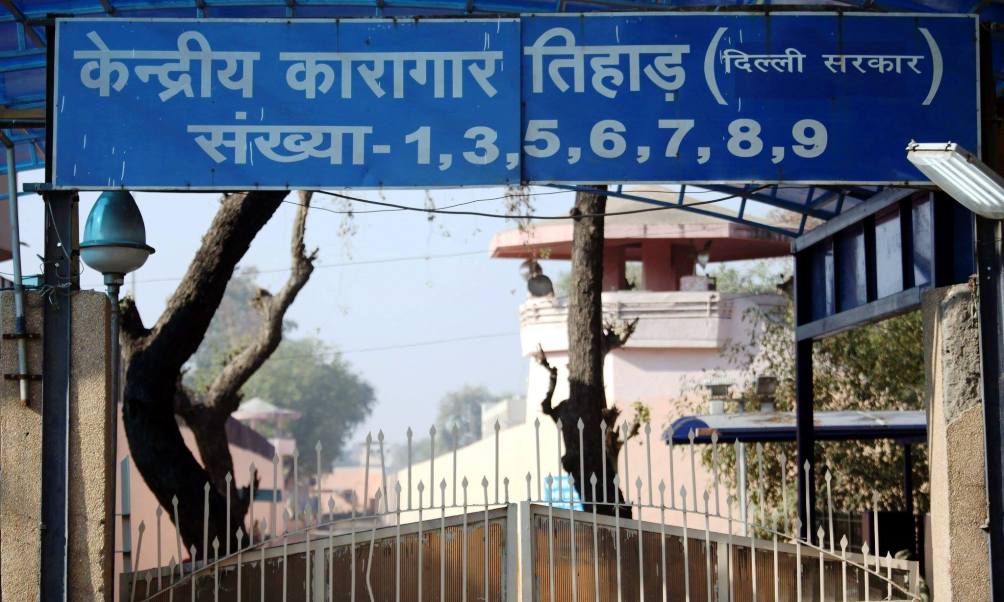LI Network
Published on: 29 August 2023 at 18:30 IST
The Delhi High Court has formed a four-member fact-finding committee to assess the quality of drinking water, sanitation, and hygiene conditions at Tihar Jail.
Under the directive of Chief Justice Satish Chandra Sharma and Justice Sanjeev Narula, the committee comprises Advocates Dr. Amit George, Santosh Kumar Tripathi, Nandita Rao, and Tushar Sannu.
“Their role is to impartially assess the current situation and provide us with updates on the status of drinking water, sanitation, overall hygiene, and the maintenance of restroom facilities within the facility,” the court stated.
Furthermore, the Director General (Prison) of Tihar Jail has been instructed to facilitate the committee’s activities by offering all necessary resources and assistance to facilitate a thorough inspection of the jail premises.
The court was addressing a public interest litigation initiated by the Delhi High Court Legal Services Committee, which highlighted concerns about the provision of clean drinking water and the maintenance of sanitary conditions within the prison complex.
In light of a report derived from an inspection conducted by a panel counsel within the jail premises, the bench noted that the findings emphasize a “disturbing shortfall” in ensuring inmates’ access to potable water.
“Moreover, the sanitary conditions are described as unsatisfactory. The state of washrooms/toilets is of particular concern – many are in disrepair, and the inmates’ basic privacy is compromised due to broken doors, hindering their ability to maintain personal hygiene privately,” the court remarked.
The report, along with accompanying photographs, clearly indicates that prison inmates lack essential facilities, including safe drinking water and functional toilets.
“As enshrined in Article 21 of the Constitution of India, this right remains inviolable, regardless of an individual’s incarcerated status. A prisoner’s basic constitutional rights persist even behind bars. Hence, any measures that restrict an individual’s freedom must not infringe upon their inherent dignity and rights,” the court observed.
The bench scheduled the case for a hearing on October 18 and requested a comprehensive status report from the committee and the Delhi Government.

